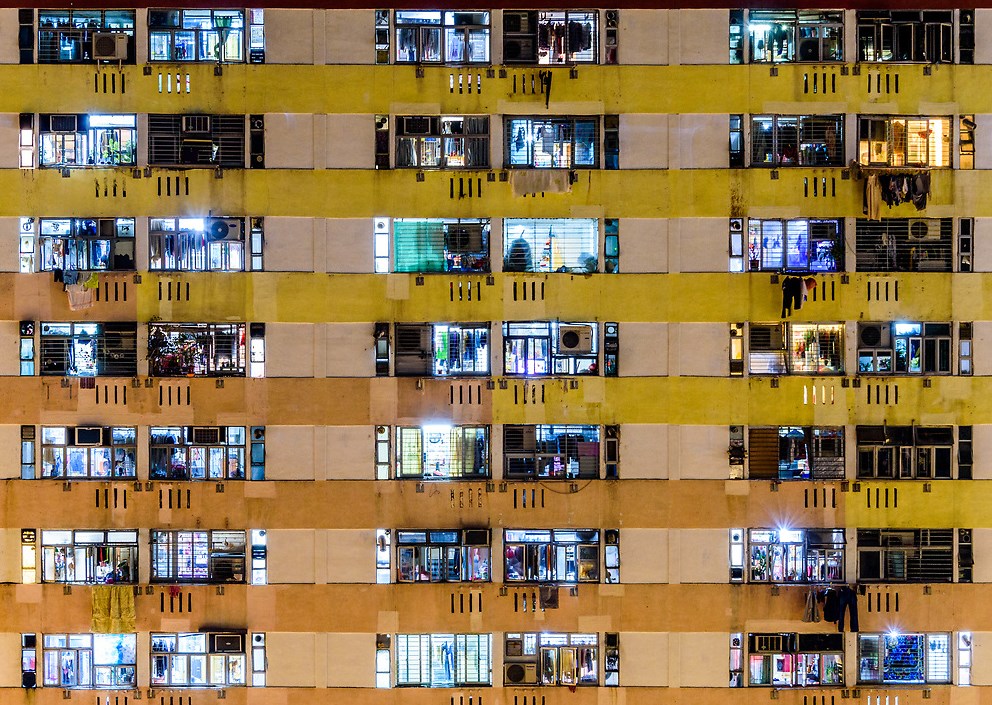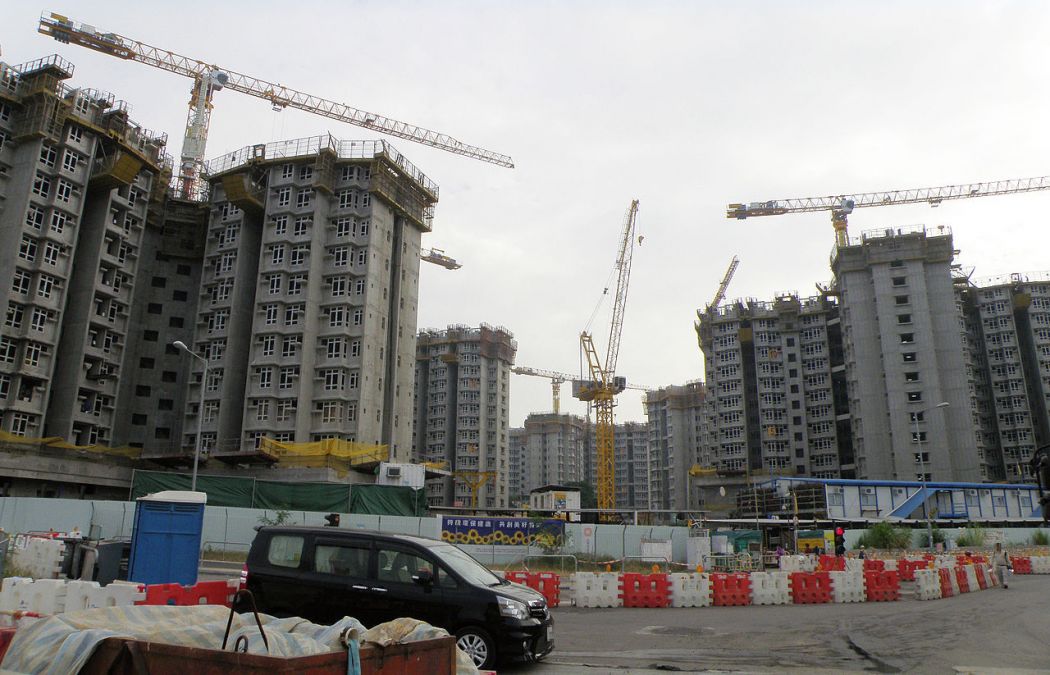A public policy scholar has said he does not have “high hopes” for a proposal made by Hong Kong’s next leader to fast-track admission into incomplete public housing estates, as the wait for public housing rose to 6.1 years on average.
The latest figures released by the Housing Authority on Thursday revealed that the average waiting time for general applicants to be provided with public rental housing in the past 12 months was 6.1 years as of March – an increase of 0.1 years over the previous quarter.

The average waiting time for single elderly applicants also climbed from 4 to 4.1 years in the same period.
According to the authority, “a large number of general applicants who had been waiting for a long time” were accommodated in the first quarter of 2022, as several “large-scale” public housing projects were completed, including Queen’s Hill Estate in Fanling and Sham Shui Po’s Hoi Tat Estate and Pak Tin Estate.
The longer wait time was reflected in the length of time that these applicants had to wait, the statement read.
Man Yu-ming, the chair of the Federation of Public Housing Estates, told HKFP that the rise in the average waiting time for public housing was “expected,” as there was a shortage of supply that was expected to last for the next five years. “But of course we are unhappy,” he said.
Actual wait could be higher
Speaking on an RTHK radio show on Friday morning, lawmaker Scott Leung said he believed that the actual waiting time for public housing applicants was “far beyond” 6.1 years.
“Some of the longest cases that we have heard of have queued for 10 years,” he said.
The lawmaker said there would be a shortage of 30,000 units in the next five years, but the majority of public housing projects would not be completed within that timeframe. As a result, Leung said he expected the average waiting time for general applicants could reach 6.5 years in the next three years.
Speaking on the same radio programme, Yip Ngai-ming, a professor at the Department of Public Policy of City University of Hong Kong said if the production of public housing units increased as planned by the government, the rise in average waiting time may gradually slow down or even reverse.
However, he said the chance that would happen in the next one or two years was “very slim.”
Yip said some of the methods suggested in Chief Executive Carrie Lam’s policy address last year to speed up the construction of public housing, such as modular manufacturing, had been in use for a long time in Hong Kong. He said it would be difficult for these ideas to make “revolutionary changes” and drastically reduce the time it took to build units.

Yip also said that other suggestions such as outsourcing the design of public housing estates, or simplifying related administrative procedures, would only take effect in the long term.
‘Extremely inconvenient’
In his manifesto, Hong Kong’s chief executive-elect John Lee proposed allowing people to move into public housing complexes before all of the supplementary facilities were completed to tackle the city’s public housing shortage. Lee estimated this could reduce the average waiting time by up to a year.
Man told HKFP he thought Lee had a “very good intention” but that it would not be easy to cut the length of the wait by a full 12 months. “In the next five years, we still need 30,000 units, while the number of people in the queue is still increasing.”

“If there is no change in the actual production volume, and [we] only rely on existing projects, it will not be enough to speed up the process by one year,” Man said, describing the lack of housing units as a “fatal wound.”
Yip said he believed Lee’s proposal would “definitely be helpful,” but added that he had “no high hopes” to its effectiveness, adding that it would be “extremely inconvenient” for people to live in incomplete housing complexes.
“To be frank, you are placing residents into half-completed public housing. When it is inconvenient for [accessing] facilities, irrespective of education, work or transportation, how many of those who are in queue will be willing to comply?” he said.
In addition, Yip said the scheme may only house residents two or three months ahead of schedule.

The public policy scholar suggested that the government explore ways to reduce the financial burden on those waiting for public housing, such as expanding the allowance for private rental accommodation to cover single applicants.
For the moment, Leung said the government should focus on building more transitional housing.
Support HKFP | Policies & Ethics | Error/typo? | Contact Us | Newsletter | Transparency & Annual Report | Apps
Help safeguard press freedom & keep HKFP free for all readers by supporting our team

LATEST FROM HKFP
HKFP has an impartial stance, transparent funding, and balanced coverage guided by an Ethics Code and Corrections Policy.
Support press freedom & help us surpass 1,000 monthly Patrons: 100% independent, governed by an ethics code & not-for-profit.










